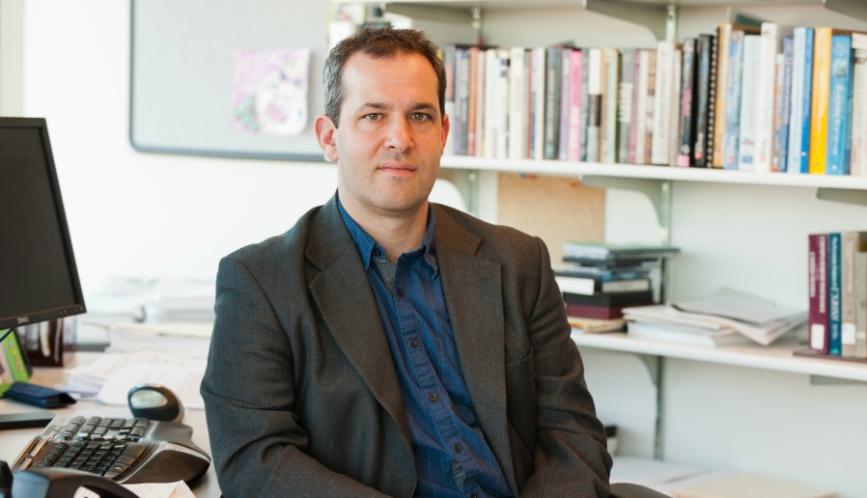MIP network member Aaron Sojourner is a labor economist and Associate Professor at the University of Minnesota’s Carlson School of Management. His research focuses on the effects of labor-market institutions on economic productivity and in politics, human capital development, and behavioral economic approaches to consumer financial decisions. He spent the 2016-17 academic year in Washington, D.C. serving as senior economist for labor at the U.S. President’s Council of Economic Advisers for Presidents Obama and Trump. Sojourner received his Ph.D. in economics at Northwestern University and his M.A. in public policy analysis from the University of Chicago.
Describe your area of study and how it relates to current policy discussions surrounding inequality.
My work on early-childhood and K-12 education policies seeks to improve our understanding of how to efficiently promote excellence and equity in human development.
On early childhood, my co-authors, including HCEO's Matthew Wiswall, and I are working to combine experimental and observational data with theory to credibly estimate a structural model of household's reactions to early child care and education subsidies. This will allow us to predict ex ante the effects of counterfactual policy alternatives such as subsidies via vouchers or in-kind provision and with and without quality assurance floors and work requirements. A different project aims to illuminate how the supply side of the early care and education market responds to policy changes with attention to consumer demand, policy, and the local markets’ competitive structure.
On K-12, I am part of a team engaged in a long-term research-practice partnership with the Minneapolis Public School district to improve their human-resource management (HRM) practices. We have focused on recruitment and selection of teacher applicants, looking at how to ensure the district attracts and selects the most-effective and long-serving potential hires. In general, many contentious issues surrounding education, policing, child maltreatment, and other human-service policies lend themselves to progress through nitty-gritty HRM improvement.
What areas in the study of inequality are most in need of new research?
By revealed preference, you can tell that I think the areas above need more research. I will mention a few other areas in which I would work if I had the bandwidth and where I wish I could read more excellent work. First, what is the nature of informational, legal, and market-structural barriers to workers finding and seeking better employment opportunities? Second, how can we encourage technological change to be skill-unbiased, that is to expand opportunities for those workers facing weak demand? For instance, the embedding of accountants' expertise in software expanded demand for customer-service tax prep workers who can do "last-mile" connection of tax questions to people's answers but who do not need a full-blown accounting license. Third, how can we better create community safety without generating such high costs in terms of lives wasted through lengthy incarceration and isolation?
What advice do you have for emerging scholars in your field?
Research topics that you judge as interesting and important. Do not be too strategic and choose based on what you think others value. As an assistant professor, you have a relatively long stretch of time to make contributions; most people don't get 5 years to work on anything they want. If you get tenure on that record, awesome. If you get fired, at least you worked on what mattered to you and you can go on the market and find a match to an employer who values the same things you do. Working on issues you don't value is a waste.



